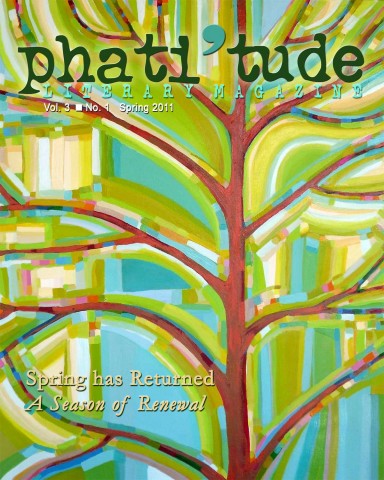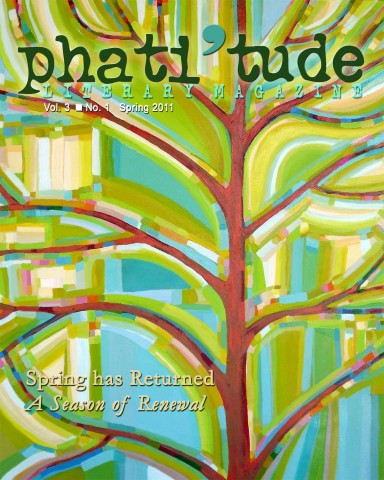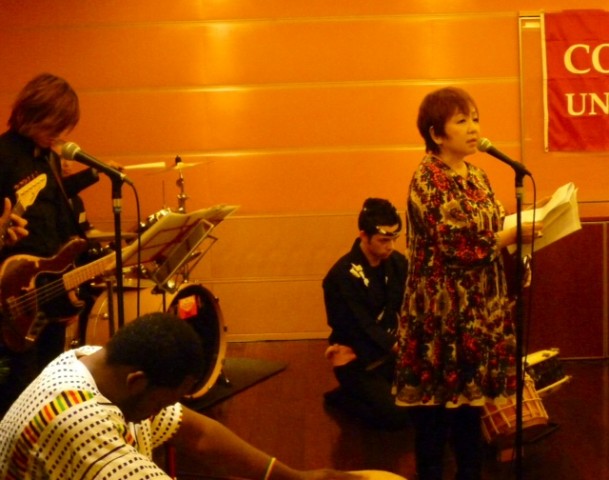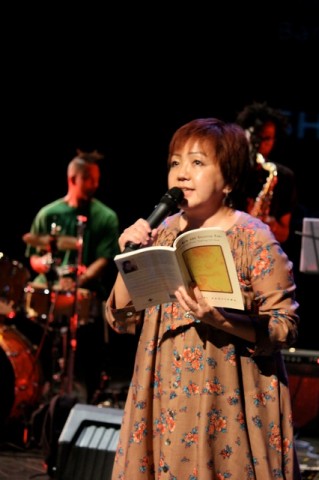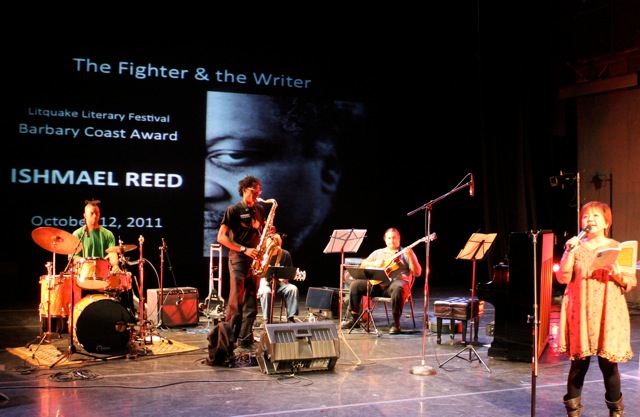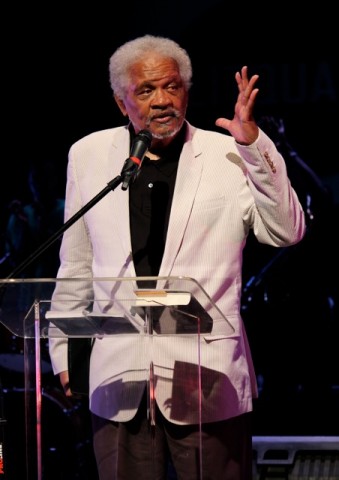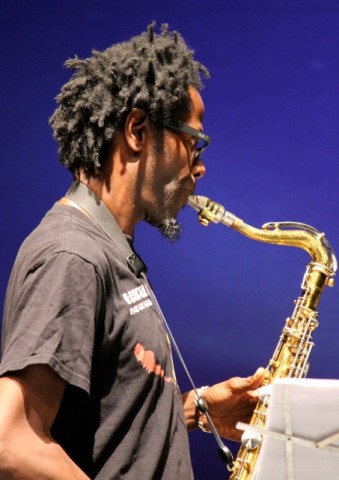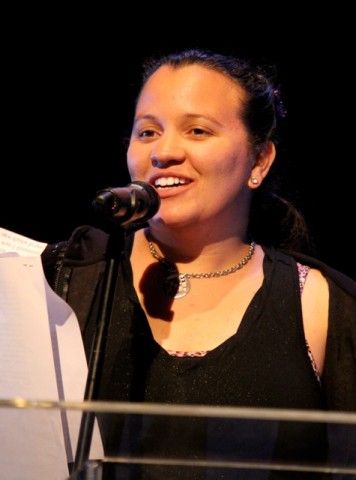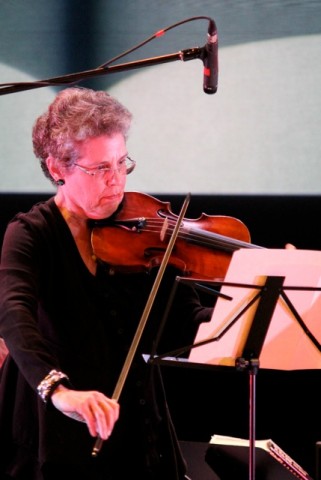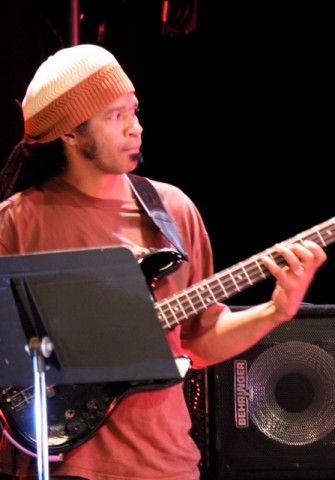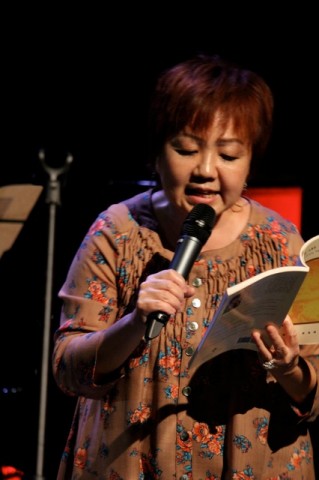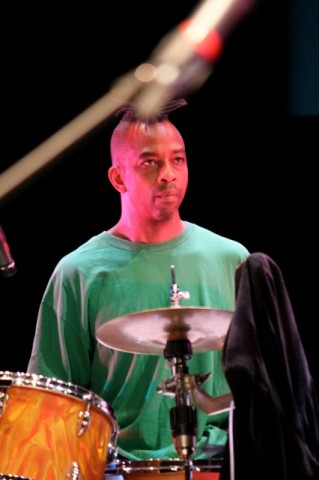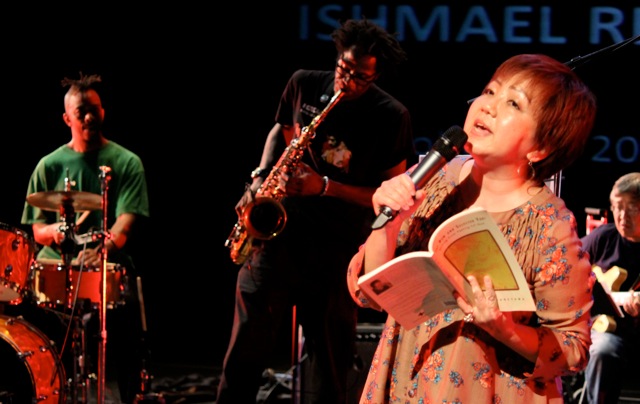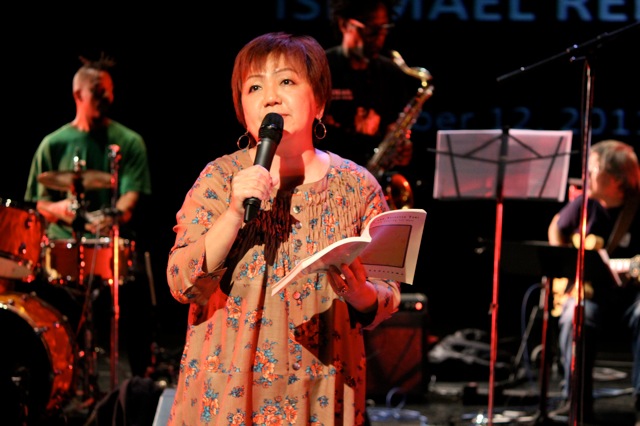A review by poet Ravi Chandra’s of my latest book, “The New and Selected Yuri: Writing From Peeling Till Now,” (Ishmael Reed Publishing Co., 2011.)
I met Yuri Kageyama at an event honoring Ishmael Reed at LitQuake. Yuri performed her piece “Little YELLOW Slut”, a powerful spoken word piece that punctuates stereotypes of Asian American women with the judgmental projection “Little YELLOW SluT.”
I was immediately taken by this piece, and was proud to soon be carrying Kageyama’s latest collection of work, which she generously gifted me in exchange for my modest first book, “a fox peeks out: poems.”
I was very impressed by Kageyama’s poetry and prose, which are both a tender and raw depiction of her Asian American sexuality and political mindset.
Some of the poems are in what’s now called the “wordfist” tradition, like “BIG WHITE BITCH,” taking aim at and taking down the oppressive forces of racism and sexism with a uniquely feminine yet tough-spoken mindset.
These are angry and direct. Some might find them shocking, but I found them vivid and real.
Others are a lament _ of childhood abuse by her rocket scientist father and of sitting next to him as he lay dying.
There are also many prose pieces. One discusses Japanese concepts such as Kakijun, Enryo and Iki. Another is a perhaps semi-autobiographical look back at 1970’s political-poetic movements in San Francisco.
Another is a dialogue between her and a younger Asian American woman living in Japan and struggling for relationship and power _ possibly a younger version of herself.
This is an emininently readable and enjoyable collection.
I found myself in turns challenged and entertained by the sheer soul-force of the person who comes shining through these words. Close to the heart, close to the soul, deeply human and remarkable. Recommended.
^___<
And here is my review, in turn, of Chandra’s book:
A lot of poetry, probably including much of my own, is destructive, addressing inner turmoils to give them a form of expression as literature than other equally tempting but less acceptable, perhaps even criminal, outlets.
Such is the madness of the world around us, the abuse that we take and the psychosis we battle by the day.
Ravi Chandra’s poetry is the voice of calm, the antidote of therapy, the ointment of peace.
Perhaps it is because he is a medical doctor and psychiatrist that he seeks to heal not only internal wounds but almost the entire world around us with his debut poetry book “a fox peeks out _ poems.” (San Francisco: Pacific Heart Books, 2011)
He juxtaposes the technology of the Internet with the tradition of Asian religions in the same poetic breath that is our American experience.
Other types of slam poetry may be identified with street violence and the defiance of oppression.
Chandra’s slam poetry is more like the chamomile tea you sip before bedtime.
His works read almost like a prayer, asking God to keep us safe through another day:
“Heart like earth _ /Mind like sky./ No walls, no weapons, no war/”
The power to soothe and unify through the word involves a risky balance to keep between artistry and platitude.
Chandra pulls it off with the intelligence of a scholar, the insight of a master and, most important, the benevolence of a saint.
“Mountains do get built from earthquakes,/ great masses of earth pushing into each other,/ Pushing the ground up,” he writes in “subprime tsunamis.”
“Greed must be contained by wisdom./ Compassion must be the greatest power./ Only so, can the waters purify./ Only so, can earthquakes/ give ascent,/ instead of annihilation.”
